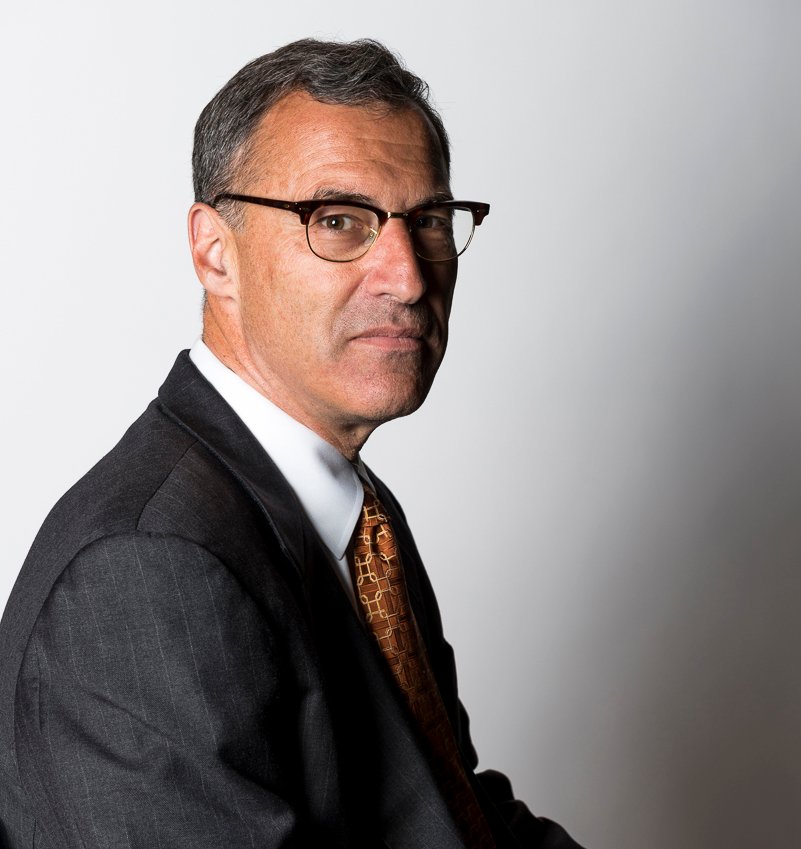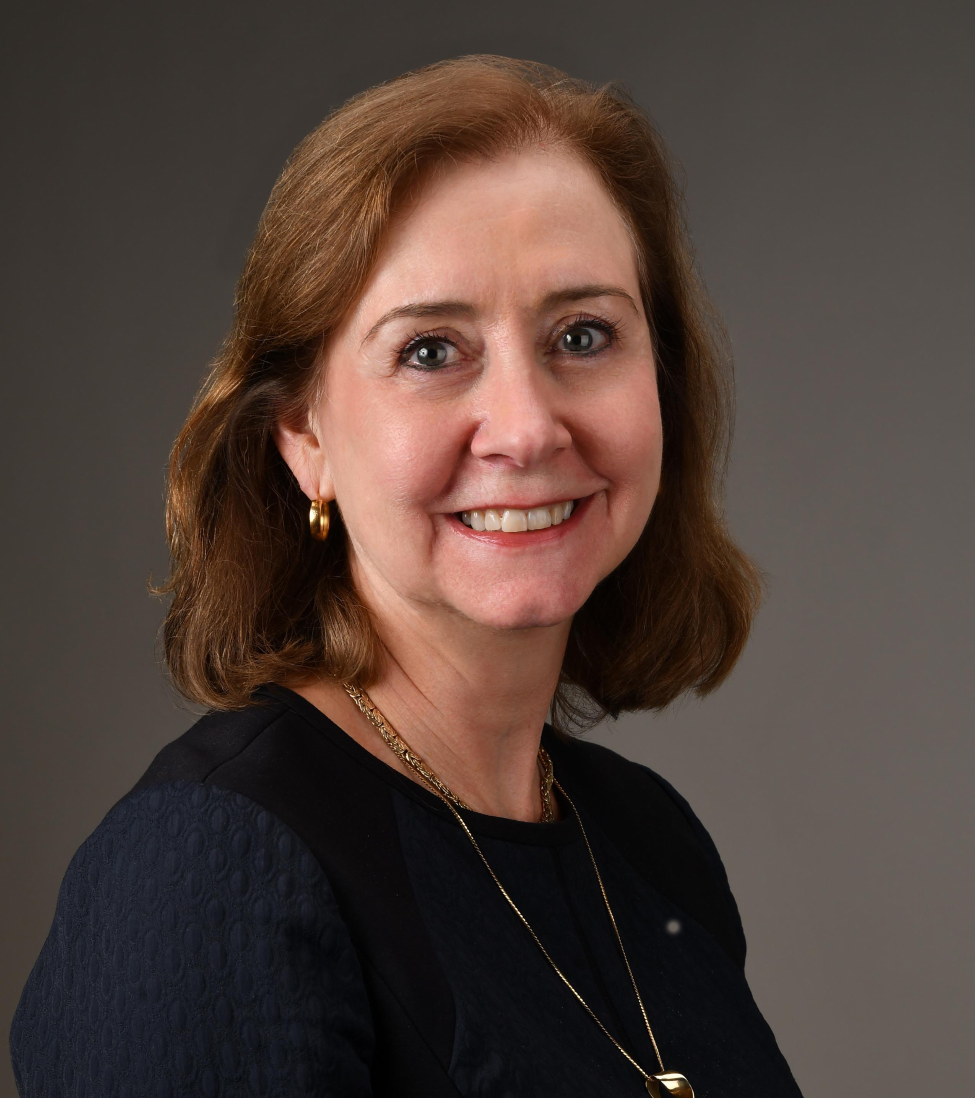Research shows clinical benefits for children with severe TBI

After children experienced severe traumatic brain injury, the infusion of bone marrow mononuclear cells derived from the patient’s own bones led to less time spent in intensive care, less intense therapy, and, significantly, the structural preservation of white matter, which constitutes about half the total volume of the brain, according to new research from UTHealth Houston.
The study, published recently in the medical journal Brain, was based on the results of a Phase II clinical trial led by first author Charles S. Cox Jr., MD, the George and Cynthia Mitchell Distinguished Chair in Neurosciences and the Glassell Family Distinguished Chair in the Department of Pediatric Surgery, and senior author Linda Ewing-Cobbs, PhD, professor and the Harriet and Joe Foster Chair in Cognitive Neuroscience in the Department of Pediatrics.

Overall, the authors found that autologous bone marrow nuclear cell infusion in children within 48 hours of severe traumatic brain injury was safe and feasible. “The structural preservation of white matter was our primary outcome in this study. It’s important because it was an objective, quantitative, physical measurement as opposed to a psychological test,” said Cox, who is also a faculty member with The University of Texas MD Anderson Cancer Center UTHealth Houston Graduate School of Biomedical Sciences. “Multiple studies by other researchers have shown that, over one to two years’ time, your brain loses up to 15% of its white matter after severe traumatic brain injury. That cerebral atrophy – which correlates strongly with negative outcomes – is what we’re interrupting with this new treatment.”
In previous studies, bone marrow nuclear cells derived from the same individual have shown some promise in treating traumatic brain injury. The research team evaluated the effectiveness of the treatment in children, particularly investigating whether the cells can preserve the blood-brain barrier and diminish neuroinflammation.
Forty-seven patients ages 5 to 17 with severe traumatic brain injury were randomized into a double-blind, placebo-controlled clinical trial at two children’s hospitals in Houston and Phoenix. Bone marrow harvest, cell isolation, and infusion were completed within 48 hours post-injury.
According to study results, the therapy also resulted in enhanced connectivity of the corpus callosum, a midline structure in the brain consisting of white matter tracts that connect the left and right cerebral hemispheres. The connectivity helps with associative thought, executive functioning, and other aspects of higher-order thinking.
“Our findings are very encouraging as very few biological interventions have shown significant clinical benefit in improving the course of patients with severe traumatic brain injury,” said Ewing-Cobbs, a neuropsychologist with the Children’s Learning Institute at UTHealth Houston. “Traumatic brain injury is a leading cause of death and acquired disability around the world. Our findings regarding clinical, neuroimaging, and functional outcomes give hope regarding the potential of cellular therapy to reduce chronic neurobehavioral problems and improve quality of life for children and adolescents.”
The researchers are now in the process of developing the design and approach of a pivotal Phase III clinical trial.
The study was funded by two National Institutes of Health grants (R01NS077963 and T32GM008792), as well as by the Glassell Family Foundation, the Mission Connect/TIRR Foundation, the Lloyd Bentsen Stroke Center Award, the Brown Foundation, the Nicole and Evan H. Katz Pediatric Neurodevelopmental Fund, and the Evelyn Griffin Stem Cell Research Laboratory.
Other study co-authors with McGovern Medical School include Jenifer Juranek, PhD; Fabio Triolo, DdR, MPhil, PhD; Steven Kosmach, MN, RN; Sean I. Savitz, MD; Claudia Pedroza, PhD; Scott D. Olson, PhD; Michael C. Scott, MD; Henry W. Caplan, MD; Brijesh S. Gill, MD; and Robert A. Hetz, MD. Akshita Kumar, MD; Benjamin M. Aertker, MD; and Margaret L. Jackson, MD, all formerly with UTHealth Houston, are now with the University of Tennessee; HCA Houston Healthcare Clear Lake and Harris Health Ben Taub General and Lyndon B. Johnson Hospitals; and Houston Methodist Hospital, respectively.
Co-authors with Phoenix Children’s Hospital included David M. Notrica, MD; Jeffrey H. Miller, MD; P. David Adelson, MD; and Michael S. Lavoie, PhD.